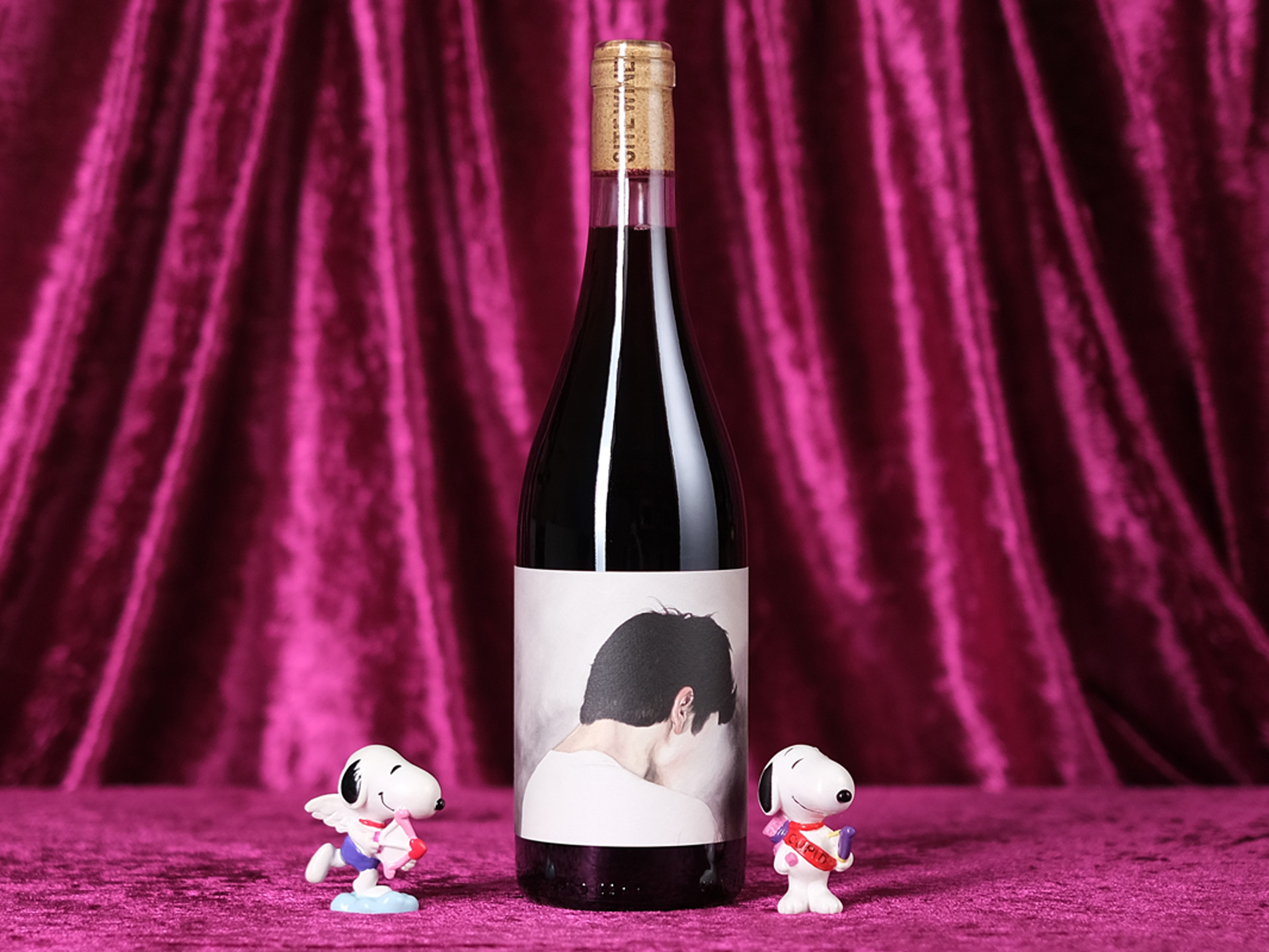Sam Hambour and Duncan Gibson are winemakers turned brewers (Hop Nation), who have delved back deeply into wine. While home base is a vineyard on the Mornington Peninsula, the pair go to Benalla for shiraz (and cherries for beer), making a joyously bright and spicy wine stuffed full of forest berries, cherries and spices, with a bright midweight palate carrying plenty of stemmy grip.
Tasting note
This was fermented all with whole bunches, with lifted notes of white and black pepper, fresh herbs, caraway and cumin overlaying notes of red cherries, wild plums and forest berries. This is especially fragrant and spicy, midweight, zippy and fresh, with a tug of skinsy, stalky tannin cinching in the fruit. This is even further enhanced with a light chill, letting the prettiness of the whole affair knit in with the spice and giving the palate an even fresher zip.
Themes of this wine
Shiraz/syrah
Shiraz dominates the Australian wine industry, accounting for nearly a third of this country’s vines. The grape’s traditional home is in France’s Northern Rhône, with wines that combine elegance and power, while Australia is perhaps best known for the muscular styles from warmer areas. Today, drinkers of Australian shiraz are spoilt for choice with expressions ranging from the elegant and spicy to the monumental.
Benalla
Sitting in the zone of North East Victoria, Benalla is on the fringe of the Glenrowan wine region. Winegrowing has occurred modestly but relatively consistently since the 1860s, with vines replanted after phylloxera devasted vineyards in the late 19th century and early 20th century. The climate is warm, with shiraz the dominant variety. Glenrowan is typically known for ripe tannic reds and fortified wines.
Whole bunch
Yep, the whole thing. If you ferment with whole bunches, you’ll get a different result. The stems add more tannin, and tannin with a slightly different feel in the mouth to grape skin or oak tannin. You’ll also get some of those berries fermenting more or less whole, which yields a brighter fruit profile alongside a raft of spices.
Chilled reds
There was a time that the only red you would consider chilling was a generic Beaujolais, but the reality is that room temperature is generally too warm for most red wine. If you’re not blessed with a climate-controlled cellar, a brief stint in the fridge will do most reds a favour, while some lighter reds can take more of a chill, and indeed many are now made to be drunk colder, if not exactly fridge cold. No wine, red white or sparkling is enhanced by the frosty temperature of a domestic fridge, but a stint on the bench will soon fix that. With red wines, those with bigger tannins will do less well cooler, while aromatic lighter bodied wines will generally perform well with a refreshing chill to them.



